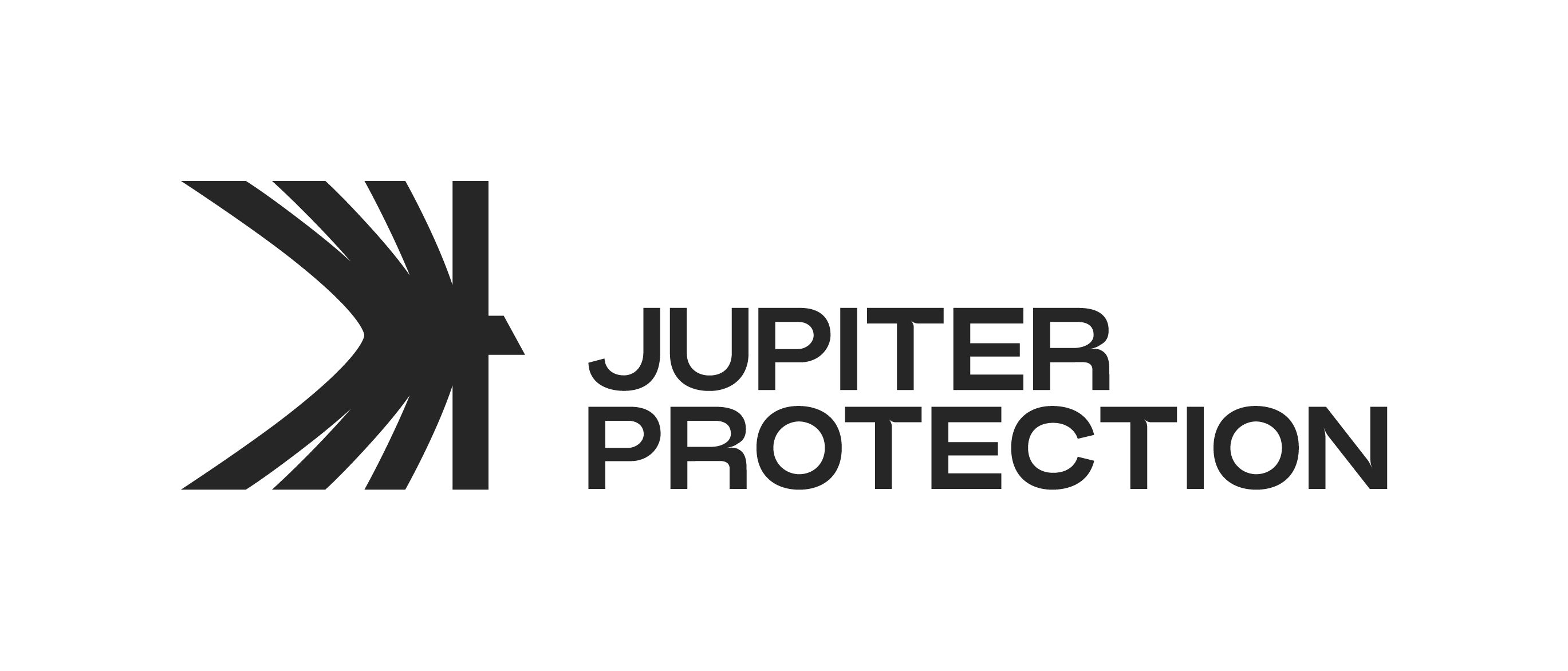Civil Construction Manager
Site Management - 6 days work
Primary roles
- Plan, prioritize and manage assigned projects, involved in the areas of pre-planning, budgeting, resources allocation, contract negotiation, drawings submission, progress claim, and worker coordination, to ensure that the team’s resources are used effectively and project deadlines are met.
- Supervise construction site personnel and subcontractors, client & consultant, attend weekly project progress meetings, and monitor compliance with building and safety codes and regulations.
- Ensuring the timely and cost-effective completion of construction projects.
Key Activities
- Determine and define scope of work and deliverables, manage construction schedule and activities
- Assess project estimations and budgets, inspect existing structures, create design plans, and review potential safety issues
- Responsible for negotiating the contracts of subcontractors, communicating with inspectors and architects, meeting with construction managers, and coordinating the delivery of materials with vendors.
- Collaborating with engineers, architects, designers and subcontractors to determine the specifications of the project
- Obtaining permits and licenses from appropriate authorities
- Determine needed resources (manpower, equipment and materials) from start to finish with attention to budgetary limitations
- Plan all construction operations and schedule intermediate phases to ensure deadlines will be met
- Project Planning & Scheduling
- Develop and maintain a detailed project schedule, coordinating with subcontractors and suppliers to ensure timelines are met.
- Plan and implement efficient workflows to avoid delays and improve productivity.
- Adjust schedules as needed, considering unforeseen circumstances or changes in project scopes
Risk Management
Identify potential risks and develop strategies to mitigate them. Conduct risk assessments, create risk management plans, and implement risk response strategies to minimize the impact of risks on project outcomes.
Team Management
Assemble and lead project teams, assigning tasks, and responsibilities to team members based on their skills and expertise. Provide clear direction and guidance to team members, facilitate effective communication, and promote collaboration among team members.
Schedule Management
Develop project schedules, defining tasks, dependencies, and timelines. Monitor progress, track milestones, and identify any deviations from the planned schedule. If necessary, adjust keep the project on track.
Quality Assurance
Ensure that project deliverables meet the required quality standards. Define quality criteria, establish quality control processes, and conduct regular inspections and reviews to monitor and improve the project's quality.
Reporting and Documentation
Responsible for generating regular progress reports and status updates for stakeholders. Document project activities, decisions, and outcomes to create a comprehensive project record.
Stakeholder Management
Identify project stakeholders and establish effective communication channels with them. Engage stakeholders throughout the project, manage their expectations, and address any concerns or issues that may arise.
Change Management
Handle changes that occur during the project lifecycle. Assess change requests, evaluate their impact on the project's scope, timeline, and budget, and implement appropriate change management procedures.
Continuous Improvement
Evaluate project performance and conduct lessons learned sessions to identify areas for improvement. Use feedback and insights gained from completed projects to enhance project management processes and practices within the organization.
























